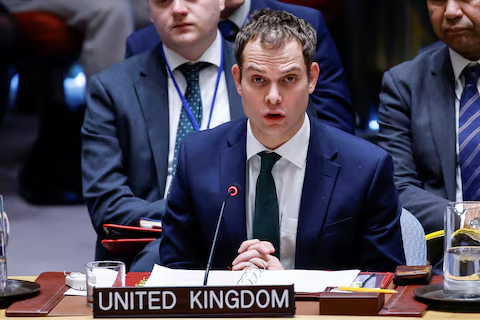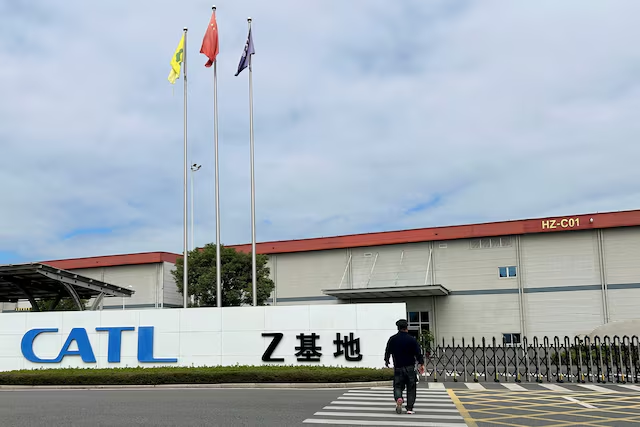A senior British minister condemned as “unacceptable” an incident in which Israeli soldiers fired close to a British diplomatic convoy in Gaza, escalating diplomatic tensions amid Israel’s ongoing military offensive in the region.
Andrew Mitchell, the UK’s Minister for Development and Africa, expressed strong disapproval after being informed that Israeli troops discharged warning shots near a British diplomatic vehicle that was traveling through the southern Gaza city of Rafah. The convoy was part of a UK delegation coordinating humanitarian aid delivery and safe passage for civilians.
“It is completely unacceptable for British diplomats to be placed in harm’s way while conducting vital work under international law,” Mitchell told Parliament. “We have made our concerns clear to the Israeli government and have demanded assurances that such an incident will not be repeated.”
The Israeli military confirmed the incident but described it as a misunderstanding, stating that soldiers were unaware of the diplomatic status of the convoy at the time and fired warning shots as a precaution near a restricted military zone. No one was injured.
The UK Foreign Office has formally raised the matter with Israeli authorities. Prime Minister Rishi Sunak’s office said it expects a full explanation from Israel and emphasized the importance of protecting diplomatic personnel and humanitarian missions. “We urge Israel to ensure the safety of all diplomatic and aid workers operating in Gaza,” a Downing Street spokesperson said.
The incident has drawn criticism at home and abroad, further complicating Israel’s international standing amid its controversial ground offensive in Rafah, which has come under heavy scrutiny due to mounting civilian casualties and the dire humanitarian situation.
This latest episode comes against a backdrop of growing UK discomfort with the Israeli military campaign in Gaza. While Britain continues to affirm Israel’s right to self-defense, it has increasingly voiced concern over the conduct of operations and their impact on civilians. The Labour Party, as well as several Conservative backbenchers, called for an urgent review of the UK’s arms exports to Israel and greater pressure for a ceasefire.
Labour’s shadow foreign secretary, David Lammy, accused the government of failing to protect British interests abroad and urged a tougher stance on Israeli military actions. “This is not an isolated incident. Our diplomatic personnel must be protected, and the government must send a clear message that this is unacceptable,” Lammy said.
Human rights organizations also weighed in, warning that the shrinking operational space for humanitarian and diplomatic missions in Gaza threatens the delivery of aid and violates international norms. Amnesty International’s UK branch urged both the UK and international partners to hold Israel accountable under the Geneva Conventions.
The diplomatic convoy was reportedly coordinating with the United Nations and other NGOs to facilitate medical evacuations and aid distribution in areas hardest hit by Israel’s military push. Rafah, located near the Egyptian border, has become a flashpoint as Israeli forces intensify their campaign to target what they claim are Hamas strongholds.
In the wake of the incident, the UK has reaffirmed its commitment to supporting humanitarian work in Gaza and insisted that its diplomatic teams will continue operations despite the risks. Mitchell praised the bravery of British personnel in the region, saying, “Their courage under pressure exemplifies our commitment to upholding human dignity and international law, even in the most challenging environments.”
As criticism of Israel’s military tactics grows globally, incidents such as this are likely to increase scrutiny of the country’s handling of diplomatic and humanitarian actors, with potential ramifications for international support and policy alignment.
Source: Reuters



